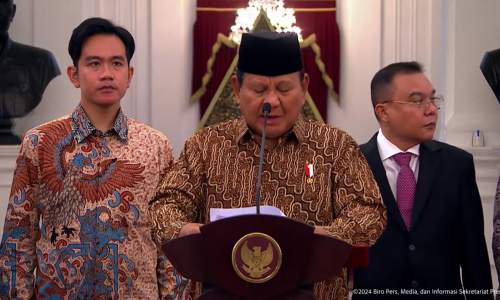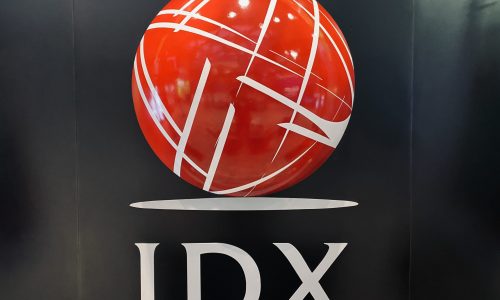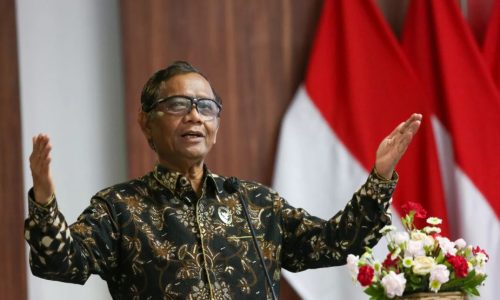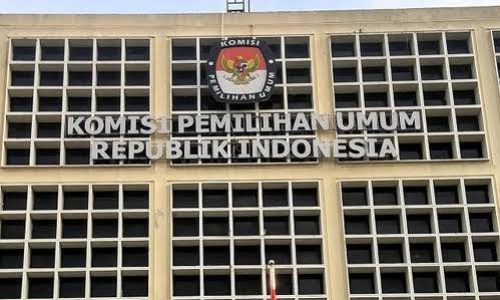The Ministry of Energy and Mineral Resources (ESDM) plans to open international tenders to accelerate the development of household gas networks (jargas), which have long been stagnant.
Before opening the floodgates to private investment, the government is refining the government-business partnership (KPBU) framework through the revision of Presidential Regulation No. 6/2019 concerning the Provision and Distribution of Natural Gas Through Transmission and/or Distribution Networks for Household and Small Customer Use.
Tutuka Ariadji, Director General of Oil and Gas at the ESDM, mentioned that the revision of this regulation is related to efforts to incorporate new KPBU cooperation options into future domestic gas network procurement programs.
Through this new regulation, private investment will be opened up extensively while still providing government guarantees. As previously known, the household gas program relies heavily on direct funding from the state budget (APBN).
“Most likely, the tender will be open internationally from abroad, and we can also do that. Then we can move faster,” Tutuka said as quoted by Bisnis.com on Sunday, February 18, 2-24.
In addition to revision of the presidential regulation, Tutuka said that the ministry is also paying special attention to KPBU schemes currently being promoted in Batam and Palembang. The initial KPBU in Batam is targeted to build 280,000 household connections, while for Palembang, it is still in the stage of demand surveys among the community. Furthermore, downstream oil and gas authorities have gathered nine other districts and cities to build gas networks with the KPBU scheme.
“We will try two, Palembang and Batam, for boosting. If boosting works, it will be a new path where we have experience dealing with a fairly large scale,” he said.
The government recently decided to reduce the target for gas network development from the initial 4 million connections to 2.5 million household connections by the end of 2024. This decision was made during a limited Cabinet meeting led by President Joko Widodo at the Presidential Palace, Jakarta, last October. The meeting was attended by relevant coordinating and technical ministers. The government also decided to provide upstream gas price incentives with a maximum set at US$4.72 per MMBtu for developers. By the end of 2023, the installed household gas connections reached 900,000. Most of these connections were funded by the state budget, with 703,308 connections, while the remainder were built through government assignments to PGN.
Previously, PT Kian Santang Muliatama (RGAS) viewed the KPBU scheme positively in the implementation of gas projects offered by the government. Edy Nurhamid Amin, President Director of Kian Santang Muliatama, said the company is targeting projects opened for collaboration with the government.
“KPBU can be a gateway for private companies like us (RGAS) to participate and contribute to the national economy. Because, so far, only state-owned companies have been involved,” he said last December.









